Holding the Monsters at Bay
Interfaith advocates recognize that it will take time to repair relationships strained by events in Israel and Gaza.
Dave Schechter is a veteran journalist whose career includes writing and producing reports from Israel and elsewhere in the Middle East.
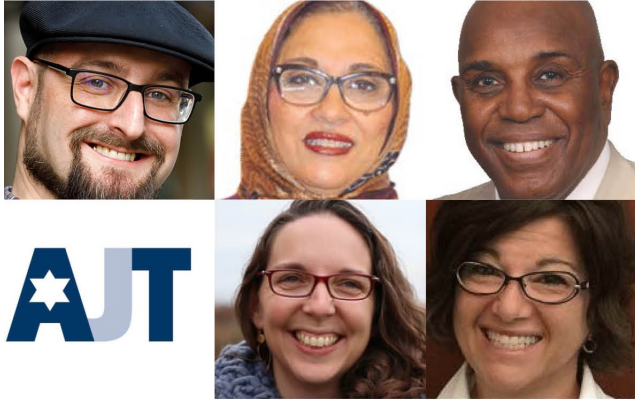
Even in the best of times, interfaith work is challenging.
These are far from the best of times.
Just as bridges are best built before a flood, interfaith advocates say that relationships across religious lines must be built before there is a crisis — in hopes that they can withstand a crisis.
The slaughter of Jews by Hamas terrorists on Oct. 7 and the devastation and death toll resulting from Israel’s retaliation in Gaza is such a crisis, one that has made interfaith dialogue that much more important — and that much more difficult.
In the past month, relationships have been strained. Veterans of interfaith work said that repairing these relationships will take time — but that time has yet to come.
“We’d be lying to ourselves if we pretended that these events that happen abroad don’t put strain on those relationships,” said Rabbi Lydia Medwin of The Temple. “I think time will tell how this most recent attack in Israel and response by Israel in Gaza will play out inside of those relationships.”
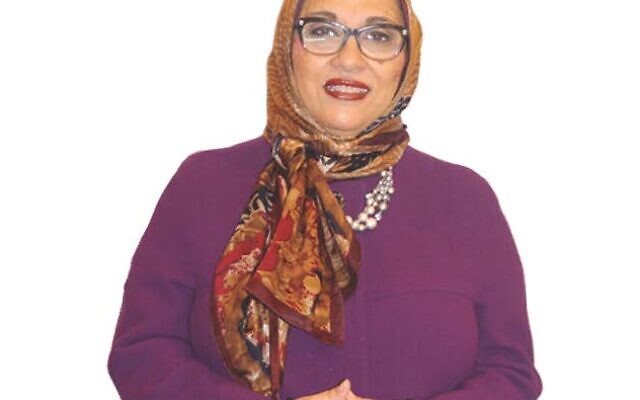
Soumaya Khalifa, founder and executive director of the Islamic Speakers Bureau, said, “Yes, relationships are going to be strained at times. We need to agree to disagree. We need to look at common values and to work on them. Are times difficult? Yes, they’re tremendously difficult, but we need to work on relationships, on reaching out.”
Chris RayAlexander, program director for the Interfaith Children’s Movement, echoed those thoughts. “Relationships are the only way. Relationships are complicated, they’re messy, and they’re complex,” he said.
The danger, RayAlexander said, is that in the absence of relationships built over time, a vacuum can form. “And a vacuum will be filled by monsters, generally.”
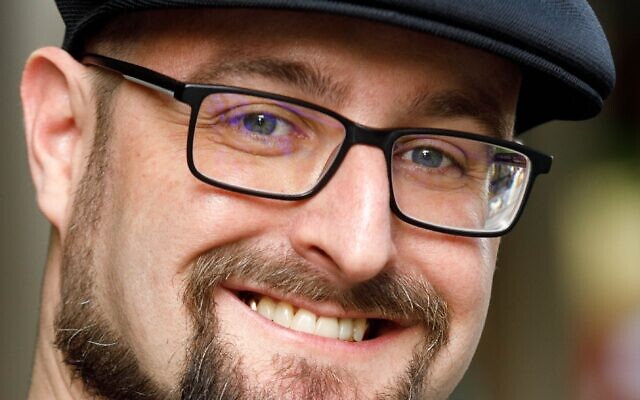
The mission of interfaith work is “to work for the common good in our community, so that when there’s things needing healing we do it together. We’re all living together as neighbors. We recognize that we are all part of one humanity,” said Rabbi Ellen Nemhauser, the president of Interfaith Atlanta (formerly known as the Faith Alliance of Metro Atlanta). “We support one another in times of trouble, in times of turmoil, and in times of joy,” Nemhauser said.
This is a time of trouble and turmoil. The horrific nature of the Hamas attacks on Oct. 7, in which some 1,400 Israelis were killed, staggered the Jewish community.
While many reported that non-Jewish friends “checked in” with them, offering expressions of sympathy and concern, others felt wounded and confused when they did not receive such support. Some questioned why, after devoting their time, energy, and money to various causes, they felt a cold shoulder from people they considered friends or allies, people they thought shared a similar view of the world.
Nemhauser is among them. “I have in my sphere of 50 to 80 interfaith friends, that I’ve been on trips with, that have been on boards, that I’ve been associated with closely for the past decade. I can count on one hand the number who’ve reached out to me to say, this is horrific, as if reaching out to me [after the Oct. 7 massacre] would be an affront and an admission in some way of Israel’s legitimacy,” she said. “It’s hurtful and disappointing, and I don’t want to give up, but there’s a part of me that wants to throw in the towel. I’m absolutely devastated by the lack of outreach.”
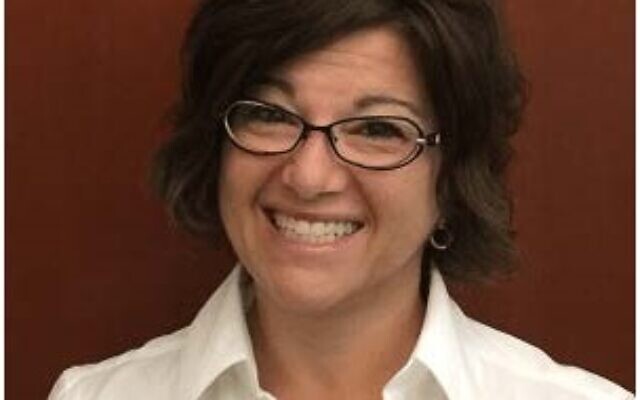
Nemhauser, who identifies as a “liberal modern Zionist,” said, “I realized years ago that Zionist is a trigger word, a bad word. Now I realize that Israel is a trigger word, a bad word. Israel, in and of itself, is synonymous now with something very negative.”
Furthermore, she said, “There are Jewish members of the interfaith community who feel that they’re only welcome in interfaith spaces if they disavow any connection with Israel and therefore this horror story of the massacre of innocent civilians in their living rooms warrants no response from our friends and colleagues who are not Jewish — because they feel because everybody is sort of on this page.”
Being an interfaith advocate may seem idealistic to others, but they are not naive.
“I recognize that there is a complicated and historical sense of unjust actions from the more ‘powerful’ Israel toward the Palestinian peoples and I feel that the work I do and the support I give is only for causes that broker peace and a viable solution for two peoples in two countries,” Nemhauser said.
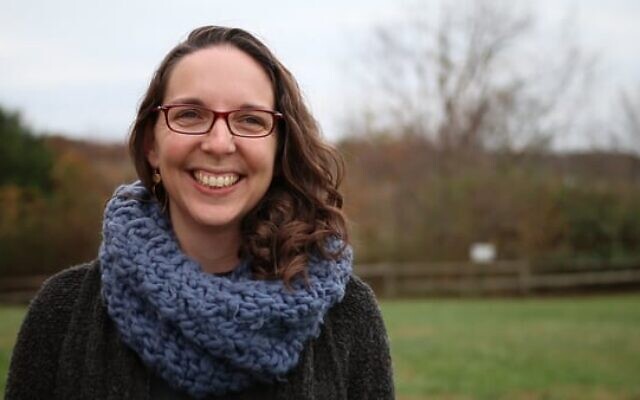
Medwin said: “I think that there are two very different narratives held by two peoples and when there aren’t flare ups in the Middle East we can comfortably ignore those narratives. Right now, they’re impossible to ignore. While I hold my narrative closely, I can acknowledge that some of our co-partners in interfaith circles have their own narrative.”
In the end, “This is why we invest, so that we have moments where we look at each other, where we say, it hurts me that you believe what you believe, but this relationship can withstand that. I hope that’s what will happen,” Medwin said.
In the past, at times of other tragedies or on issues of broad mutual interest, or to educate the community about their beliefs, Jewish, Muslim, and Christian interfaith advocates, along with their peers from other faiths, have joined together. But not this time, not yet. “It’s too raw right now. The emotions are very high and very raw,” Khalifa said.
When the war ends, “We can start mending. It’s going to take time,” Khalifa said.
While she understands the sting caused by a lack of contact from friends and allies, “I think we need to give people some grace as well. It they did not reach out, it doesn’t mean they don’t care about me as a friend,” Khalifa said.
“You can’t underestimate the impact of trauma on people and their world views,” RayAlexander said. “Ideologies can turn on a dime when they experience something.”
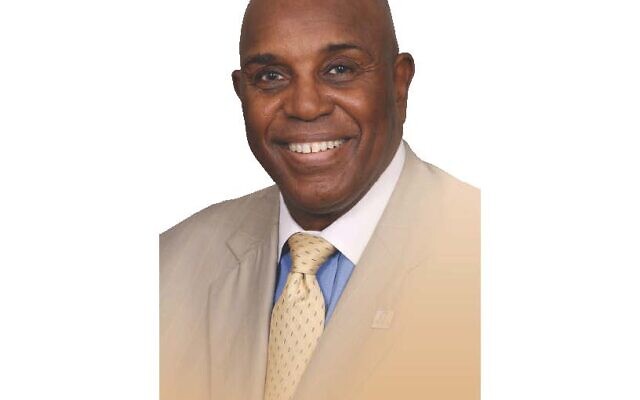
By virtue of his age, 81 years old, and a resume dating back to the Rev. Martin Luther King Jr. and the civil rights movement of the 1960s, the Rev. Gerald Durley, pastor emeritus at Providence Missionary Baptist Church, may be the senior interfaith advocate in Atlanta.
“Interfaith dialogue, interaction, and communication encourage all involved to appreciate our different theological, political, and cultural differences. When there is no attempt to understand why a particular group is so adamant about its position on an issue, misunderstanding and distrust abound,” Durley said. “I was a victim of this vicious cycle at a young age, when I was not exposed to different faith traditions and was somewhat skeptical as to why others felt that their beliefs and views were the most appropriate. Subsequently, often I found myself in adversarial relationships. It was not until I began to engage in uncomfortable, yet essential, conversations with people from other faiths and cultures that I began to comprehend that our differences when respected made us stronger.”
Conversations around Israel and the Palestinians, particularly those centered on the Hamas attacks and Israeli retaliation, have been, at best, uncomfortable. “Most people do not understand the protracted situation in Israel today and are conflicted when they feel compelled to choose one side or the other rather a seek a mutual peaceful solution,” said Durley, who has traveled to the region as part of interfaith groups.
Though decades younger, RayAlexander — who is in training to become a minister in the United Church of Christ — understands the importance of dialogue across religious lines. “We have to do the interfaith work now, because it won’t be the last time we need it,” he said.
RayAlexander pointed to a recent interfaith service, sponsored by the Interfaith Children’s Movement, that included Christian, Jewish, Muslim, Hindu, and Baha’i clergy. Planning for the event, held at Big Bethel AME Church in Atlanta, began months earlier. “Without pre-existing relationships, it wouldn’t have happened. In this environment, there’s no way it would have happened,” he said.
And, he said, without relationships built to withstand a crisis, “a vacuum will be filled by monsters.”
One need only follow the public discourse since Oct. 7 to know that monsters are afoot.



comments